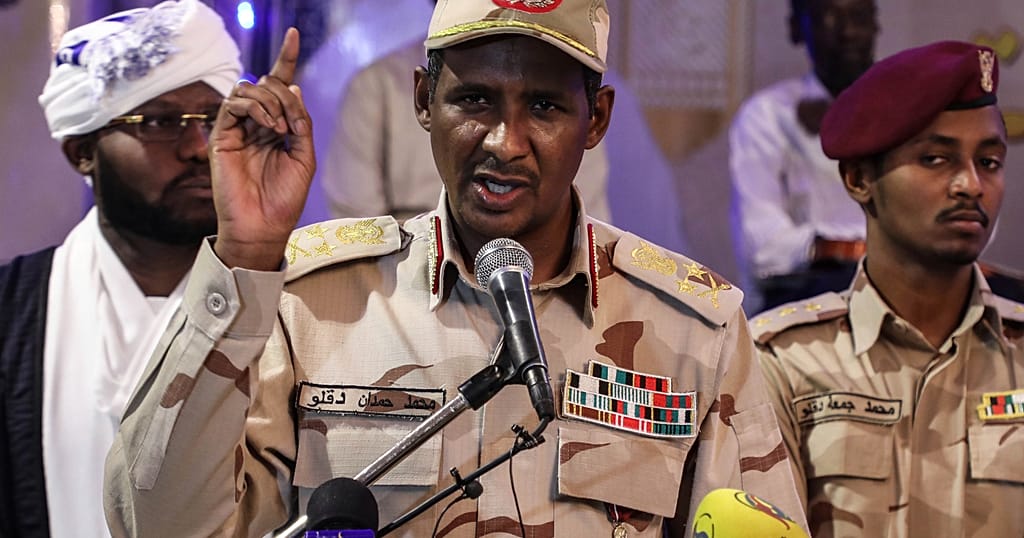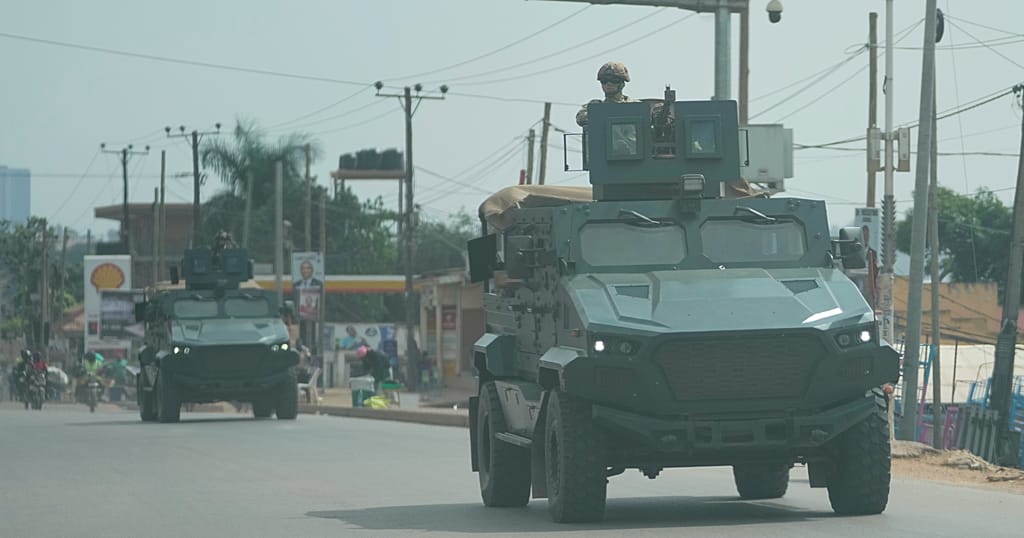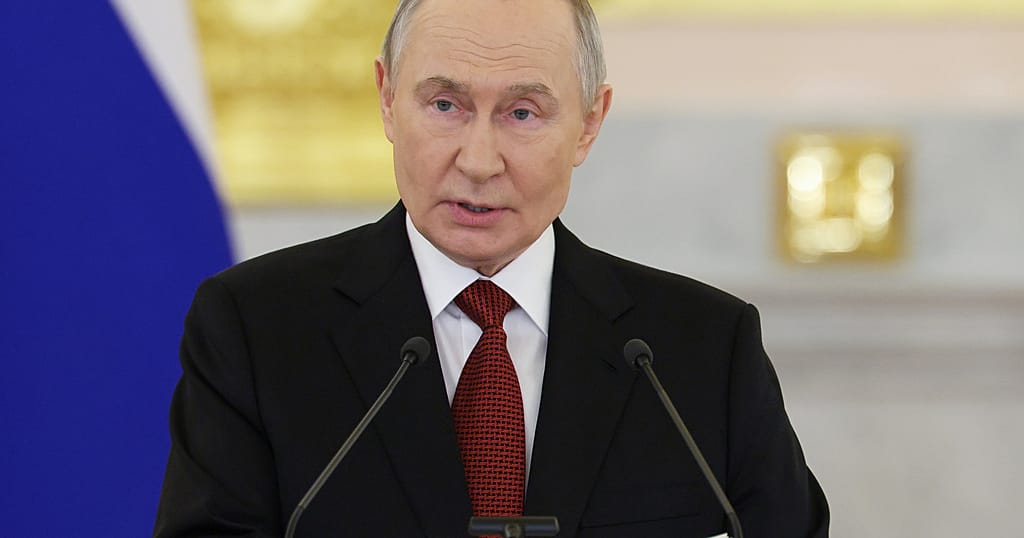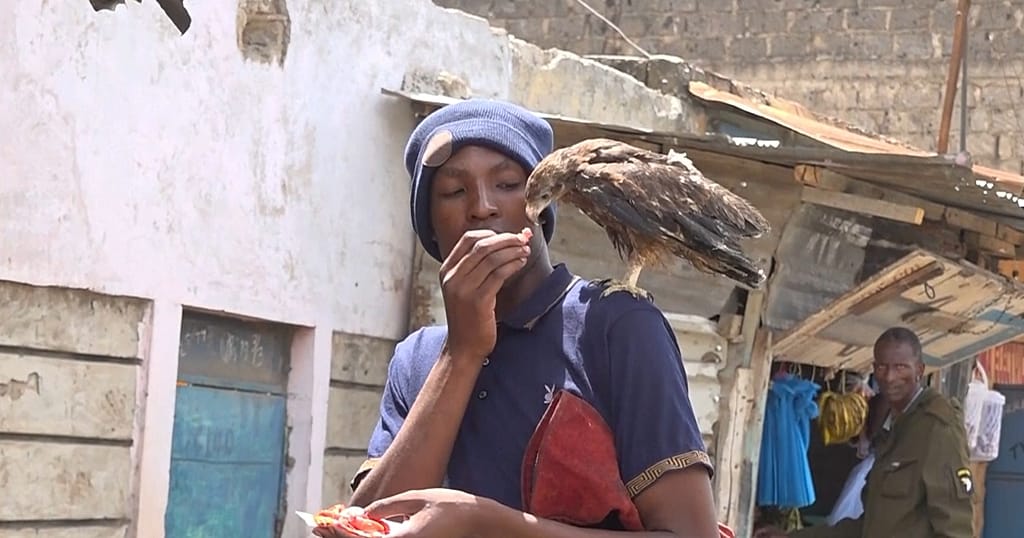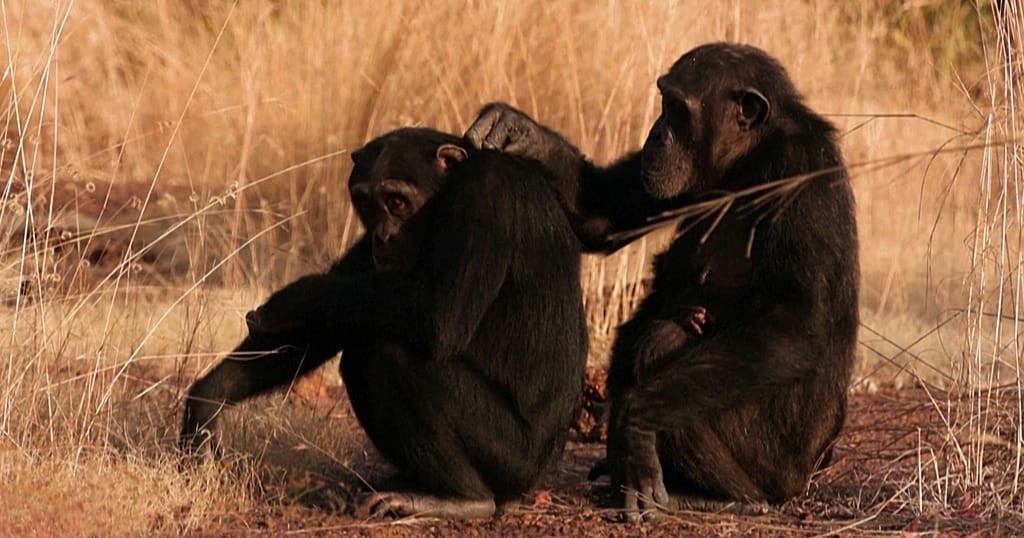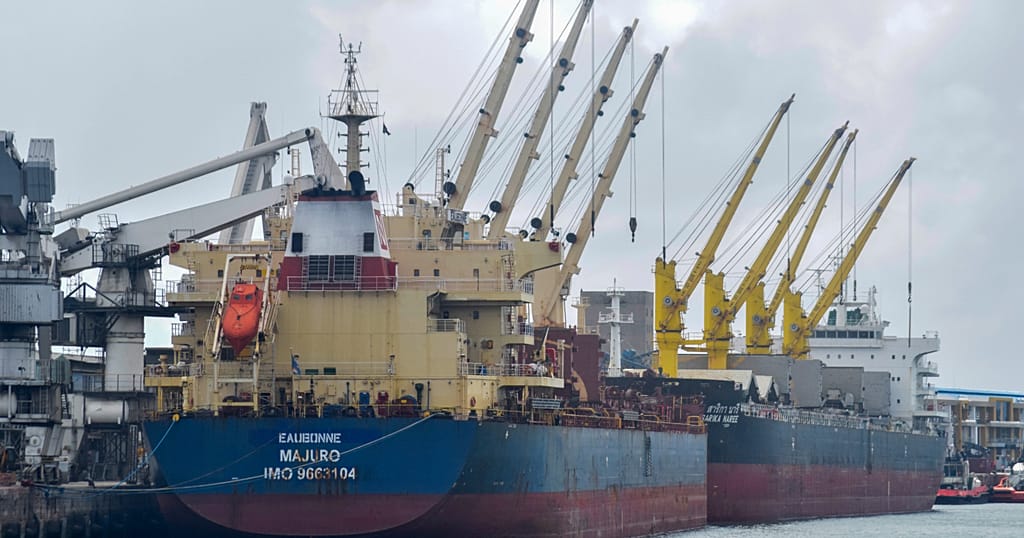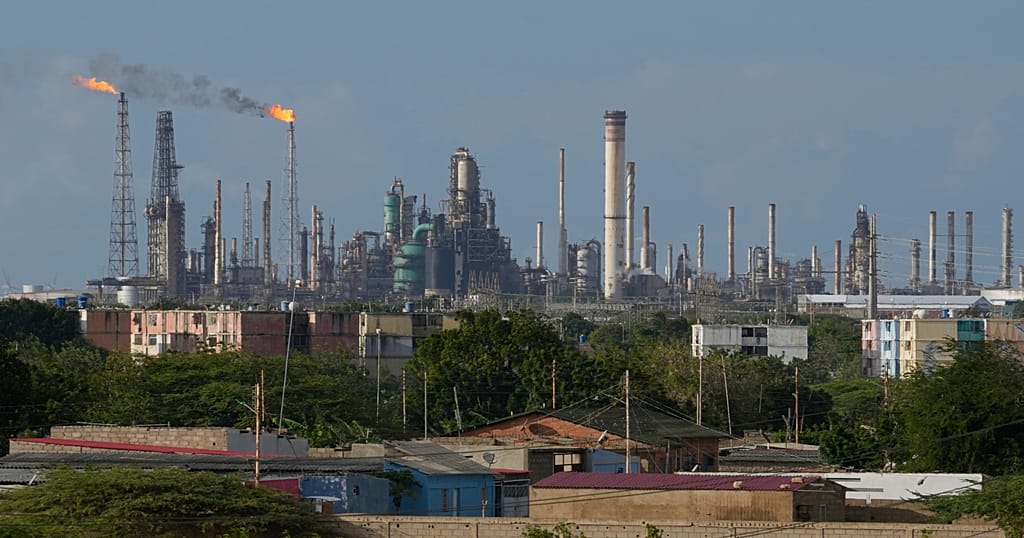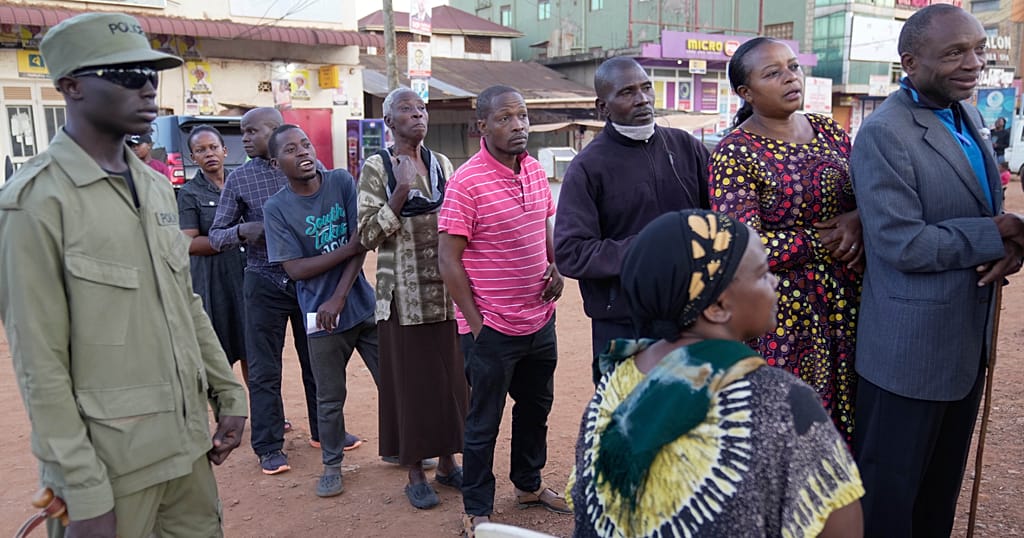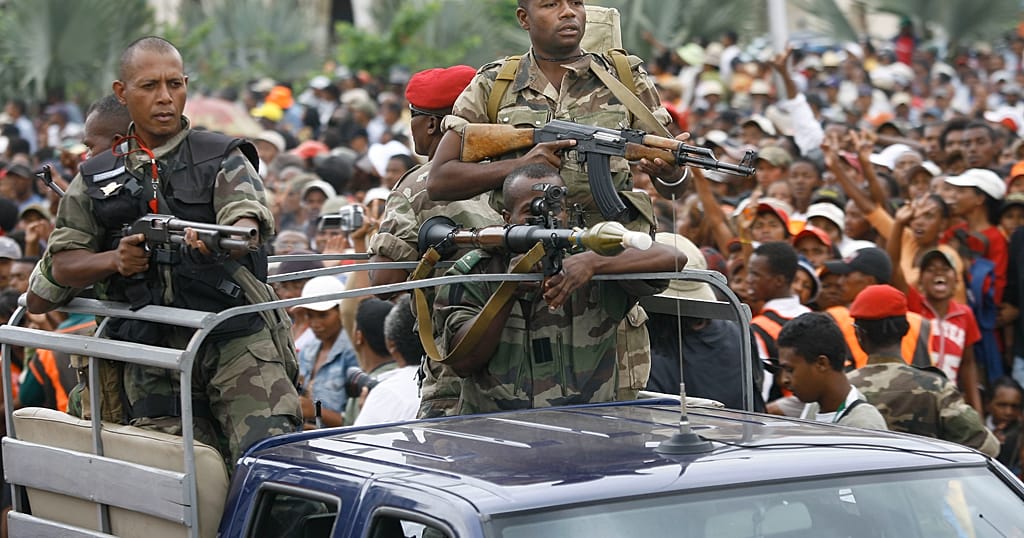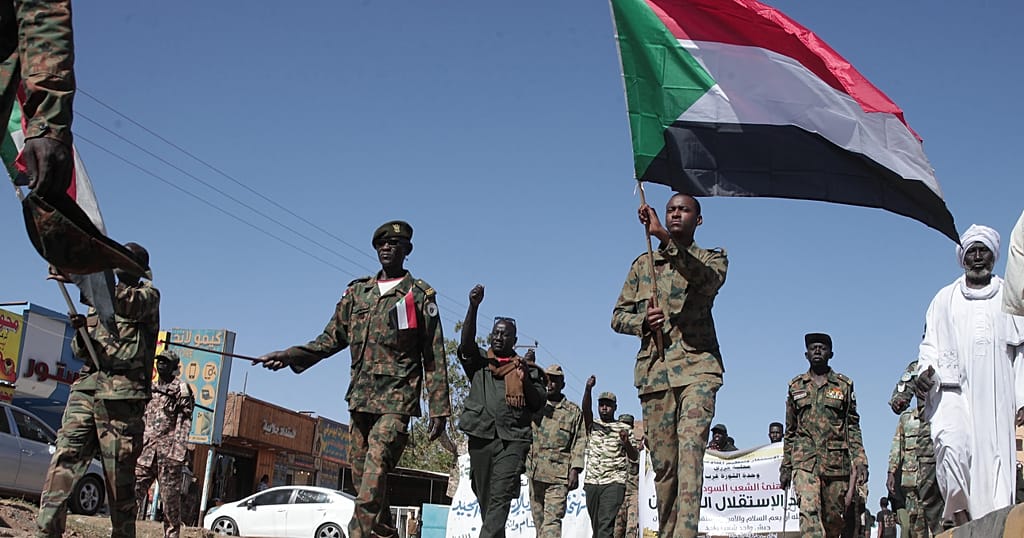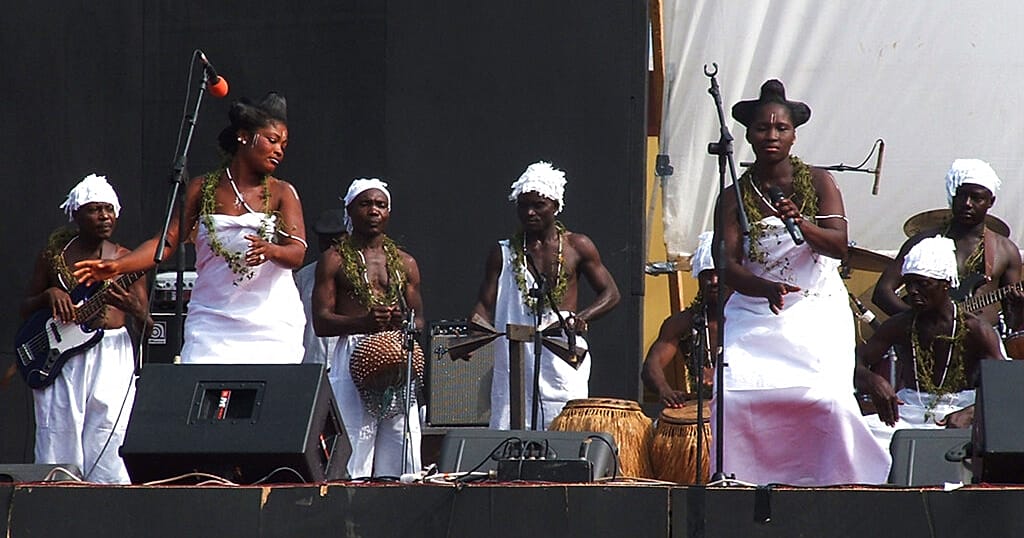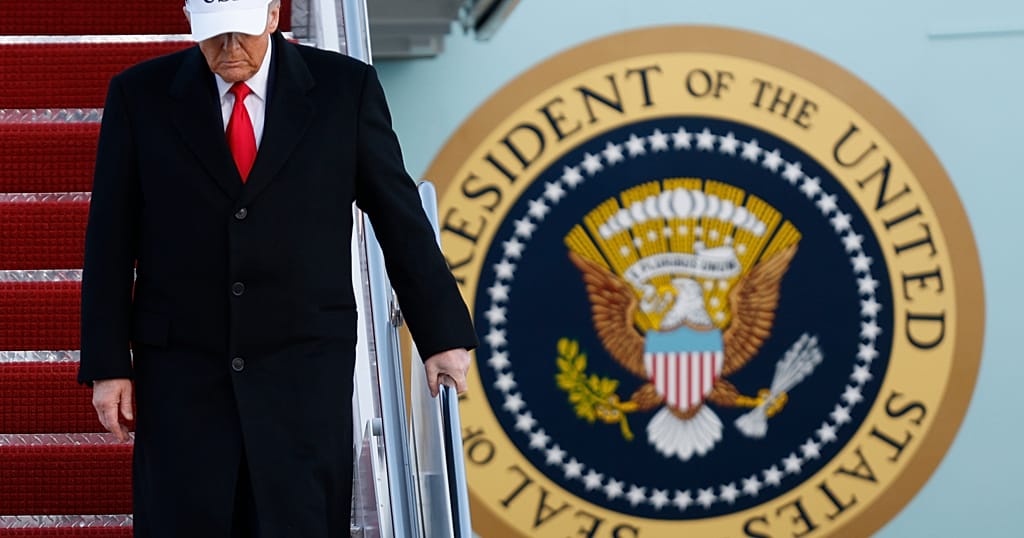South Sudan: Refugees fleeing the war in Sudan at risk of hunger – WFP
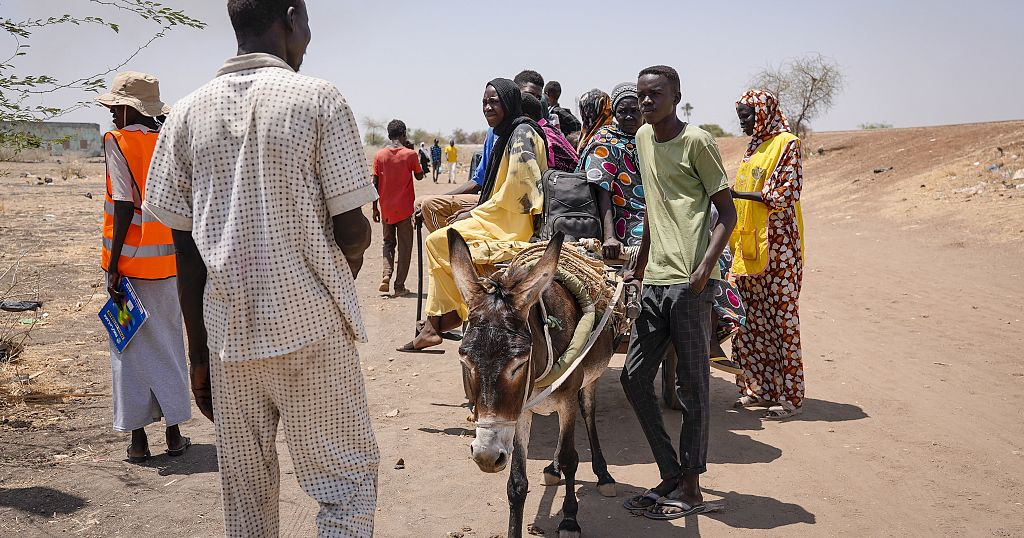
A hunger emergency is looming on the border between South Sudan and Sudan as families fleeing fighting in Sudan continue to cross the border every day, the UN’s World Food Programme warned on Tuesday.
In a temporary refugee camp in the small town of Renk in South Sudan, malnourished children sleep on battered camp beds, surrounded by mud. Their families are crossing the to escape the fighting in Sudan.
Among the nearly 300,000 people who arrived in South Sudan in the last five months, one in five children are malnourished and 90 percent of families say they are going multiple days without eating, WFP said after gathering new data.
More than a quarter of pregnant and breastfeeding women and almost 20 percent of children under five are malnourished, according to screening data collected at the border crossing.
“When we ran from Khartoum, we left everything behind, and now we are suffering here. Especially because of the rain and the health of my child. I can’t do anything else because he needs constant care”, said Ngacheu, a South Sudanese refugee and a mother of nine.
Cheng, the youngest of her children, suffers from severe malnutrition at only 9 months old. The circumference of his arms measures less than 8 centimeters, as seen during one of WFP’s screenings in Renk refugee camp.
Challenges of rainy season
The rainy season has made Renk refugee camp’s conditions more difficult and has forced South Sudanese refugees to build temporary shelters in the mire. Flooding is also exacerbating the hunger emergency and contributing to the spread of disease.
“Since I’ve been here I’ve seen the condition of people deteriorating rapidly”, said Kathleen Inglis, WFP Emergency Coordinator. “That is what the UN is here trying to support to make sure that we are providing that lifesaving assistance so people can survive, not only their entry but also their onward journeys into South Sudan”, sha added.
The Renk refugee camp can’t assist all the people who crossed the border. Refugees can only leave Renk on barges bound for the city of Malaka, because there are no roads to transport refugees. The journey can take up to 3 days or more.
This August 2023 revision of the Regional Refugee Response Plan (RRP) for the Sudan emergency extends the original six-month Plan through the end of the year and reflects the updated population planning figures (increased from a total of 1.2 million to 1.8 million refugees, returnees and third country nationals), and increased financial requirements (increased from total requirements of USD 556 million to USD 1.005 billion).
Last August, the UN Regional Refugee Response Plan for the Sudan crisis was revised. It extended the original six-month Plan through the end of the year and reflected the updated population planning figures (increased from a total of 1.2 million to 1.8 million refugees, returnees and third country nationals), and increased financial requirements (increased from total requirements of USD 556 million to USD 1.005 billion).
Source: Africanews


